
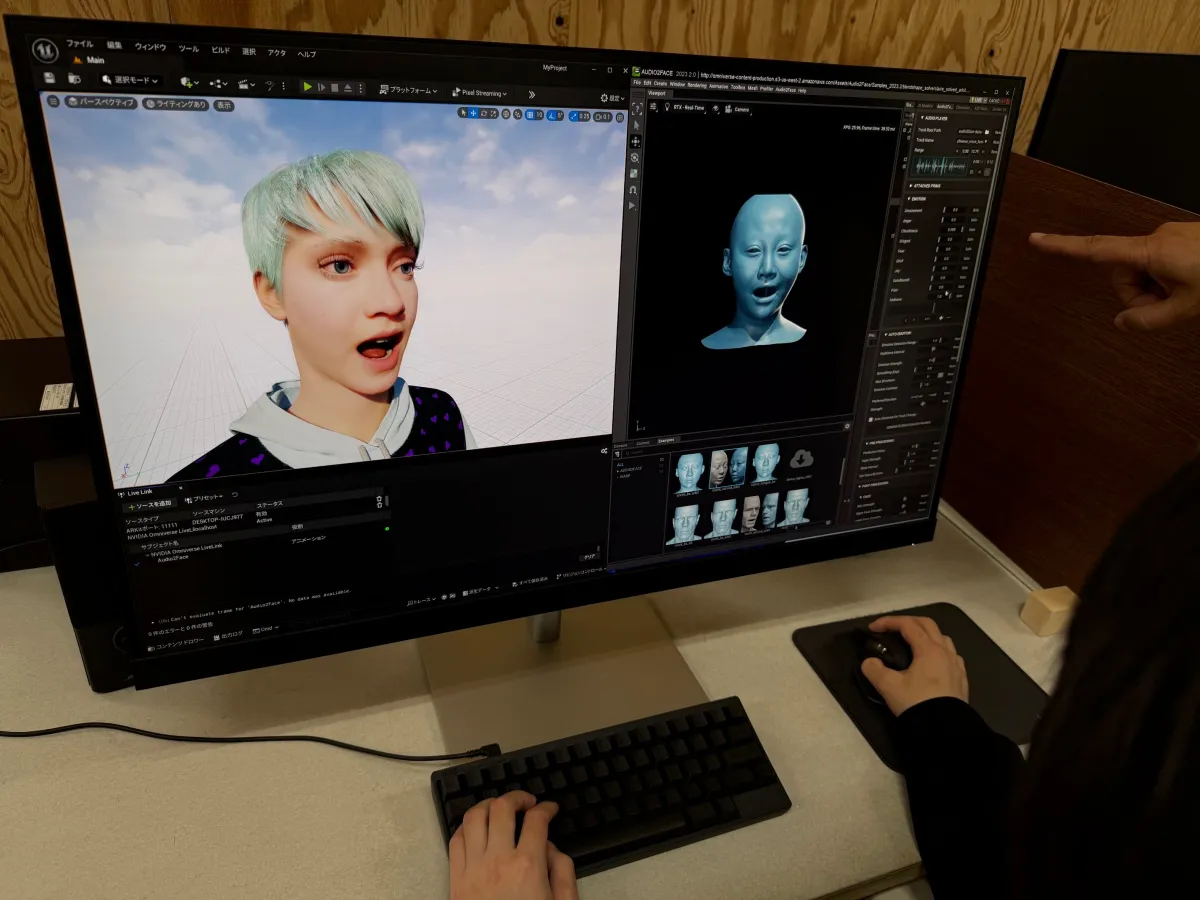
Tokyo University of Technology Launches Japan's Largest AI Supercomputer with NVIDIA DGX
A New Era for AI Education in Japan
Tokyo University of Technology, located in Hachioji, Tokyo, has initiated a groundbreaking development in AI education and research by constructing Japan's largest AI supercomputer using NVIDIA DGX technology. This significant infrastructure investment is aligned with the university's ambition to become a leader in nurturing AI talent and driving innovation in the nation. The supercomputer is expected to start operations in October 2023, emphasizing the university’s commitment to enhancing its educational and research capabilities.
The Innovative NVIDIA DGX B200 System
The newly established AI supercomputer comprises twelve NVIDIA DGX B200 systems connected via the NVIDIA Quantum InfiniBand network, culminating in a massive configuration with 96 GPUs. This setup is engineered to deliver unparalleled performance for heavy AI workloads, enabling students and researchers to engage with cutting-edge technology and projects. The DGX B200 systems are based on NVIDIA’s latest Blackwell GPU architecture and AI Enterprise software platform, assuring lightning-fast processing and the ability to run complex AI tasks efficiently.
AI Digital Human “KIANA” and Hands-on Learning
Students at Tokyo University of Technology are actively involved in creating a female digital human named KIANA, which utilizes 3DCG design to generate realistic expressions and movements. The university’s ICT department is dedicated to seamlessly integrating KIANA with NVIDIA's AI platforms to enable natural language conversations, allowing students to push the boundaries of AI applications in digital humanities.
Professor Soichiro Ikuno, head of the university's AI Technology Center and ICT department, highlights the necessity of a large-scale AI supercomputer for effective learning. He emphasizes that understanding AI cannot be confined to small-scale projects; students need to work with extensive data and resources to genuinely grasp the technology's potential. The institution’s environment facilitates active participation in programs like digital twins, simulation technologies, and data-driven applications, which are critical in shaping the students' skills.
Creating Future AI Leaders
Recognizing that AI literacy is essential for future job markets, the university aims to cultivate talent equipped to meet evolving technological demands. Initiatives such as the NVIDIA Student Ambassador Program empower students to learn applied technologies like generative AI, robotics, and digital twins under the guidance of NVIDIA experts. The university is not only focusing on AI as a subject but also emphasizing the importance of AI ethics, thereby creating a comprehensive educational framework that extends to all students.
Future Research and Educational Projects
The introduction of the AI supercomputer is expected to catalyze various upcoming projects that aim to address real-world problems through advanced AI methodologies. Here are some key initiatives planned for 2025 and beyond:
1. Practical AI Talent Development Program - Aimed at fostering immediate industry-ready AI professionals through hands-on project experience.
2. Development of Dedicated Large Language Models (LLM) - These models will be constructed in a secure environment for educational, research, and operational applications.
3. AI Ethics and Governance Framework - Establishing an environment for teaching ethical and legal standards in AI deployment.
4. Digital Twin Projects - Utilizing NVIDIA Omniverse technology to bridge physical and virtual worlds for innovative research in manufacturing and urban planning.
5. Research on Explainable AI (XAI) - Developing techniques that ensure transparency and fairness in AI algorithms.
6. Advanced Physical Simulations - Merging AI with high-performance computing to analyze complex physical phenomena with unprecedented accuracy.
Vision from Leadership
President Toyo Kagawa expressed the urgent need for AI-skilled personnel, pointing out Japan's lagging position in global AI education. "At Tokyo University of Technology, we are committed to providing an environment that fosters comprehensive AI learning, from basics to the latest applications, ensuring our graduates are equipped for future challenges. Our mission is to prepare our students to propose and implement AI-driven solutions to pressing societal issues."
Commenting on this development, Jack Wells, NVIDIA’s Director of Higher Education and Research Computing, stated that universities in Japan are in a prime position to lead the next generation by integrating AI into their curriculums. With the introduction of NVIDIA’s advanced technology, students will gain critical thinking skills and AI literacy necessary to thrive in a rapidly changing world.
Tokyo University’s Commitment to AI Education
Since its establishment in 1986, Tokyo University of Technology has consistently pioneered practical and advanced technology education in Japan, becoming one of the first institutions to address AI education. By opening the AI Technology Center at Hachioji Campus in April 2023, the university is set to usher in a new era of AI education aimed at producing skilled professionals who can tackle both current and future challenges effectively. The AI supercomputer project is a cornerstone of their ongoing vision to become a premier hub for AI education and research in Japan.
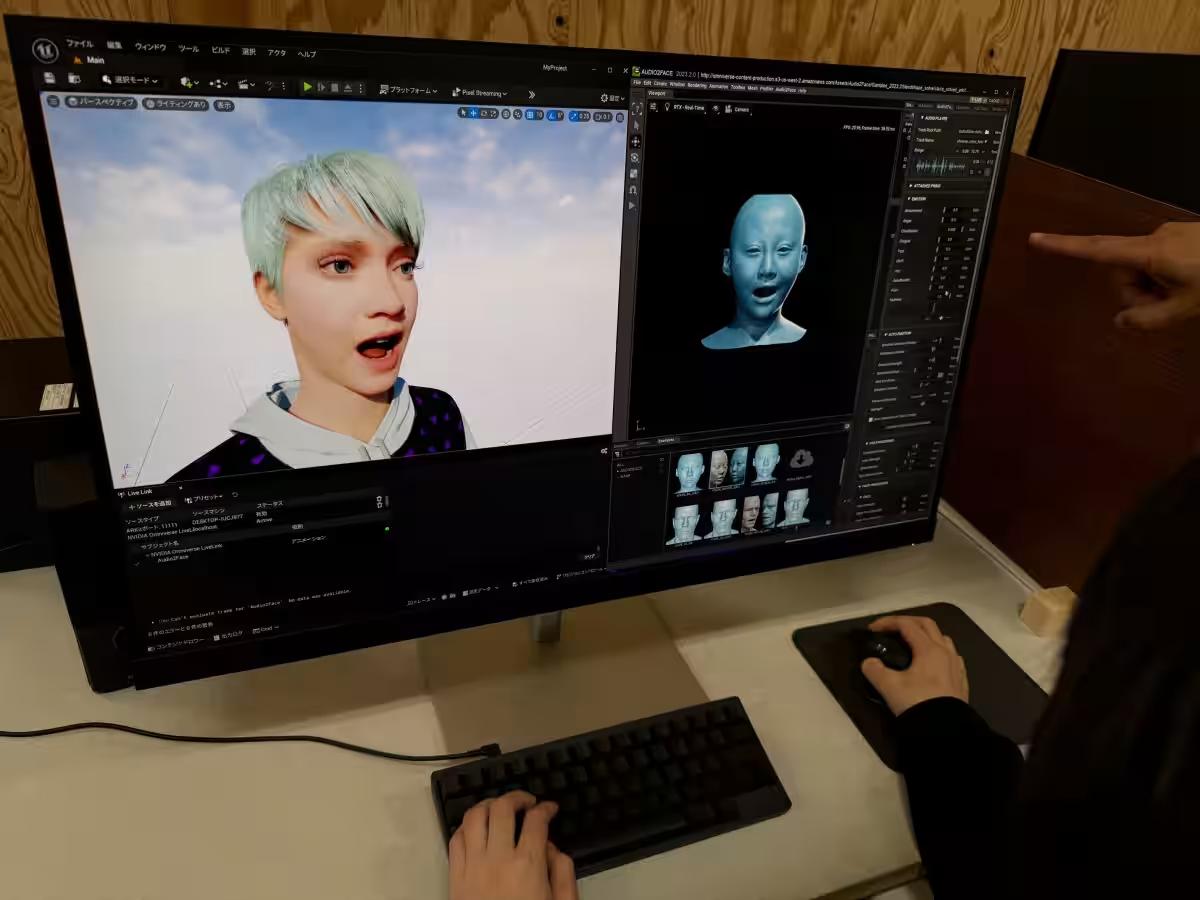
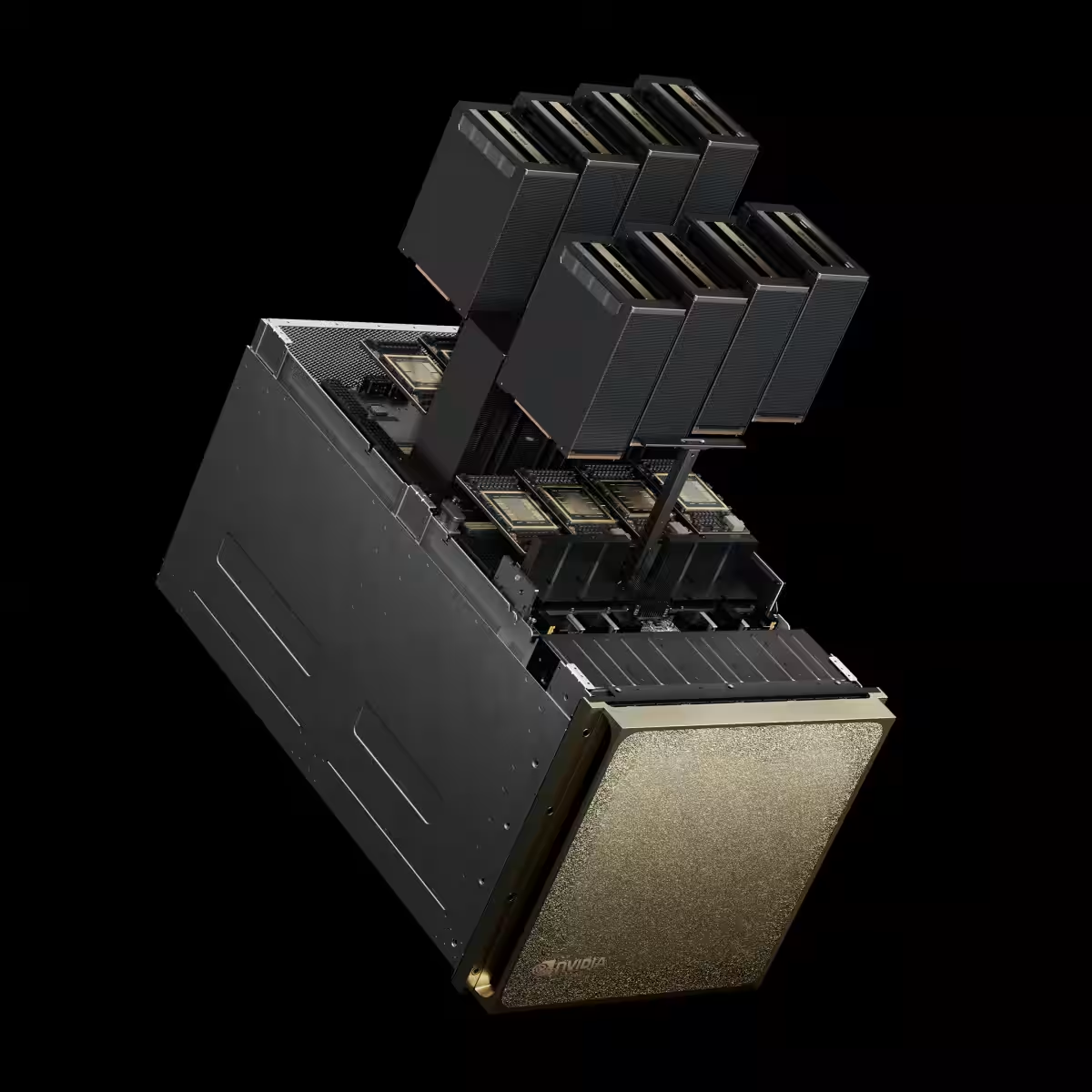
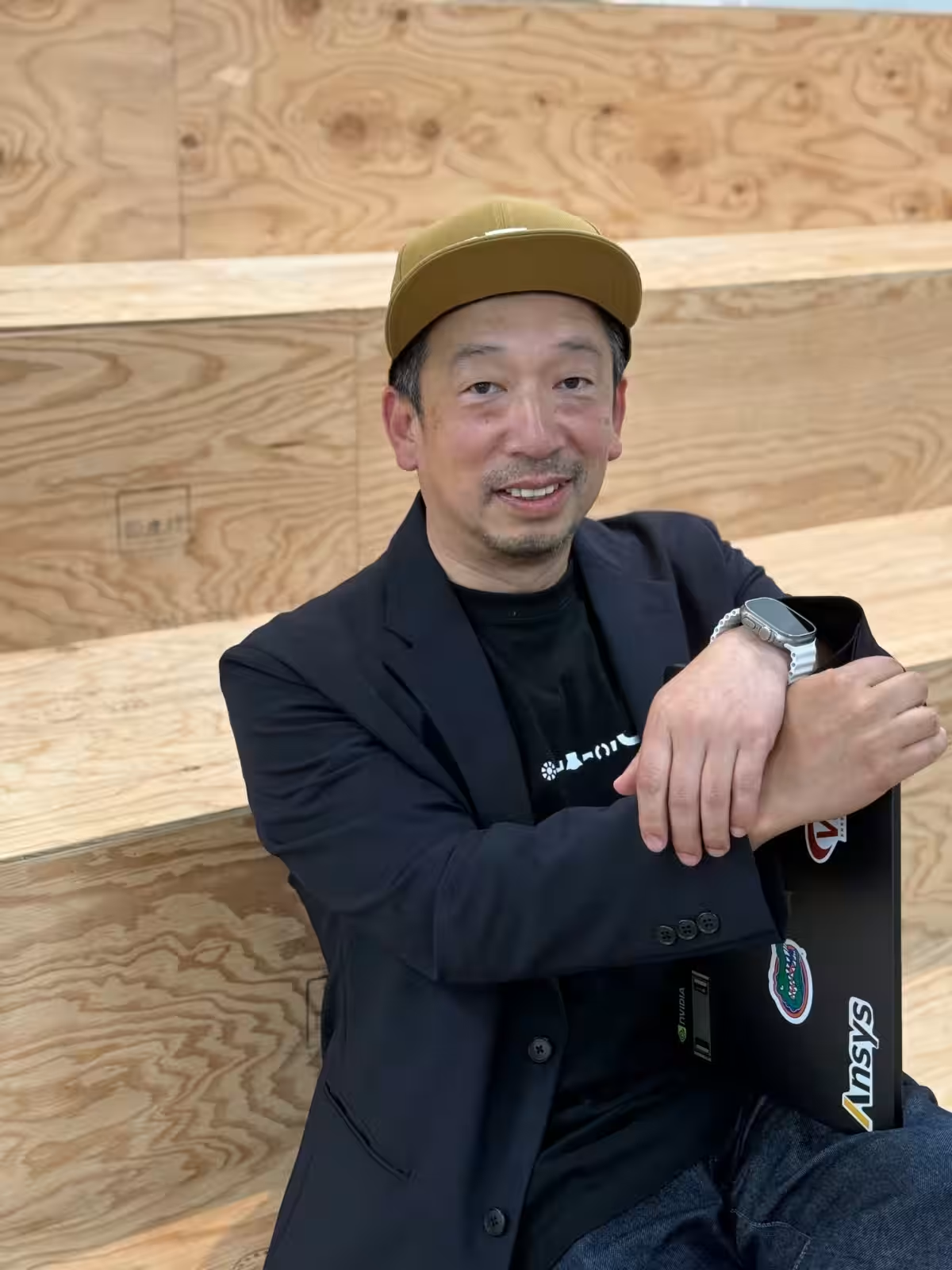
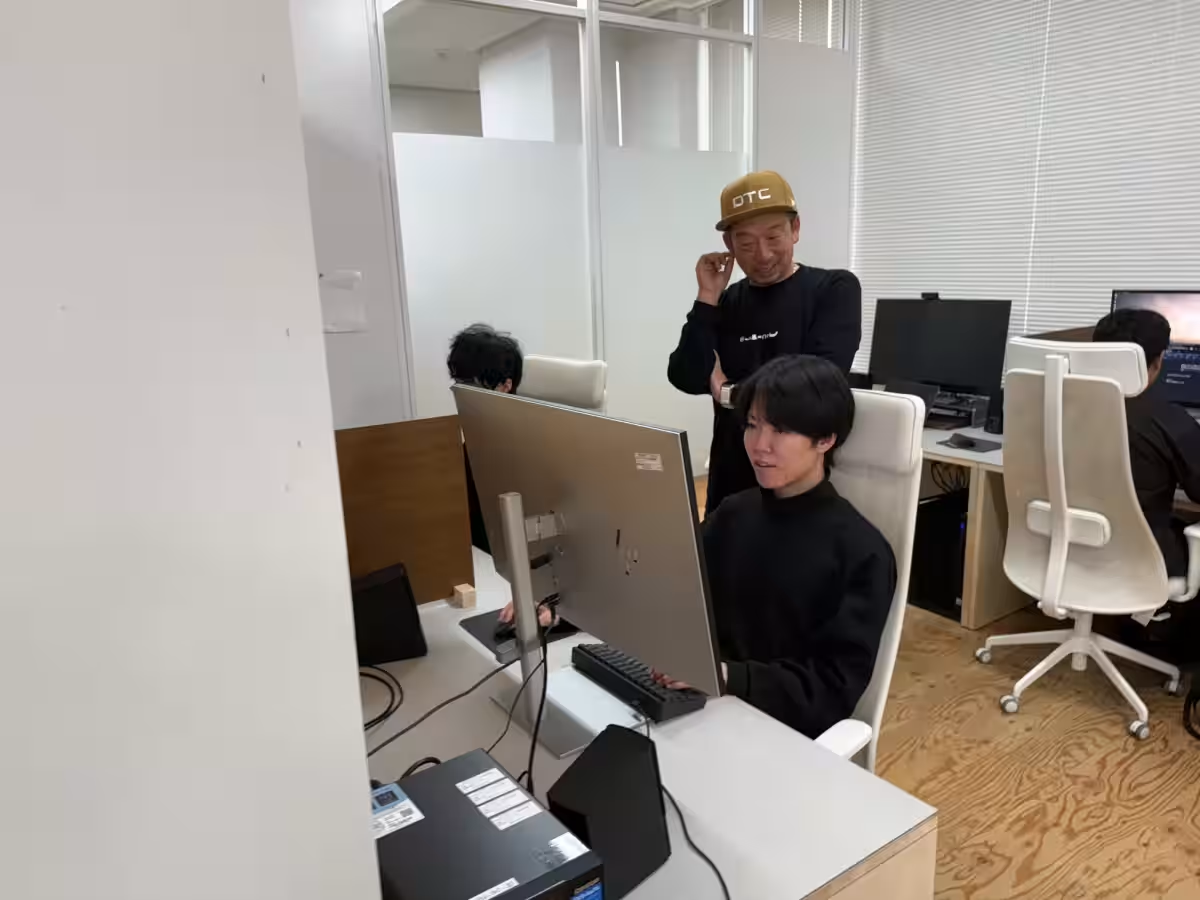
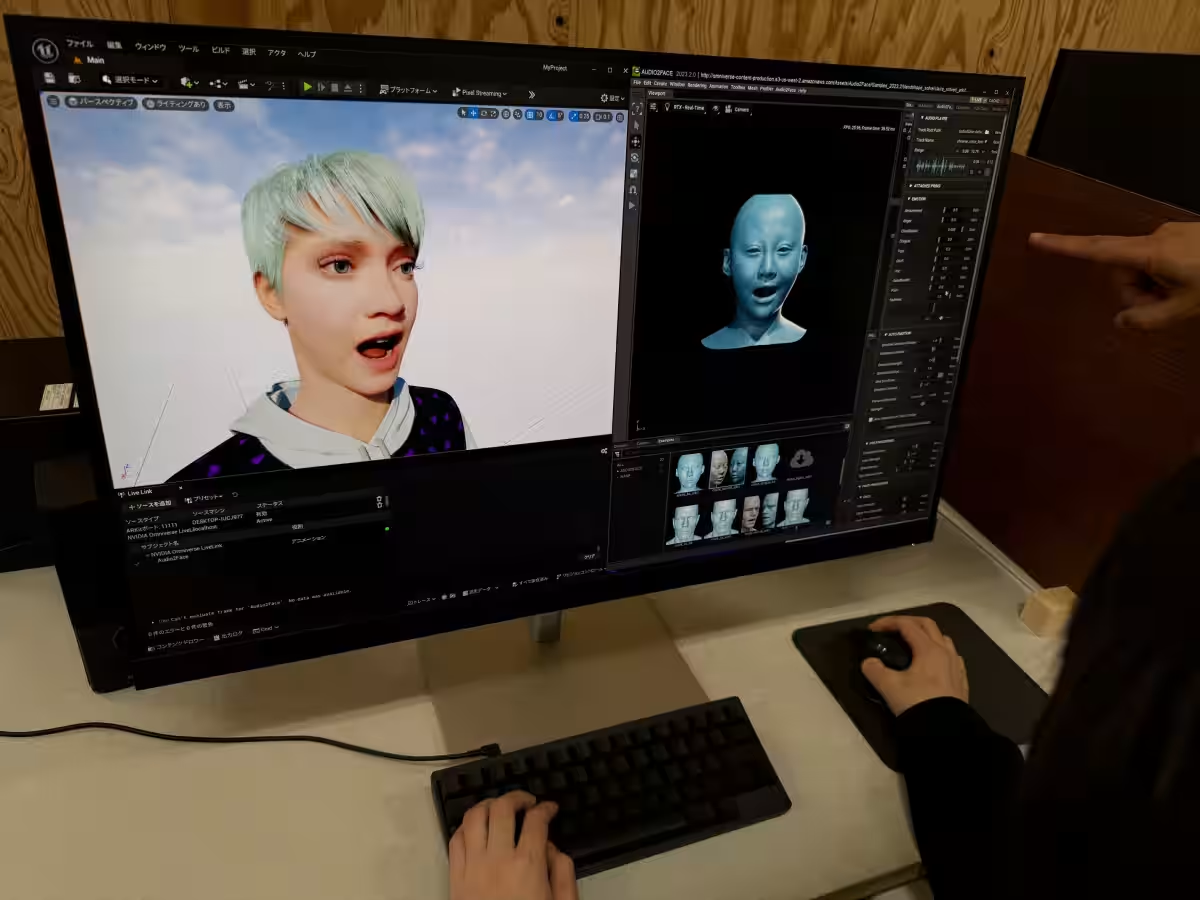
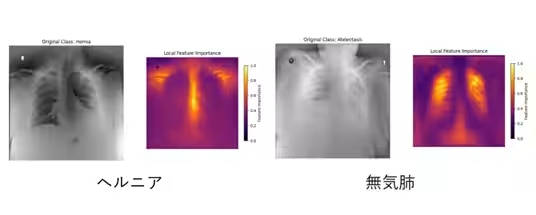
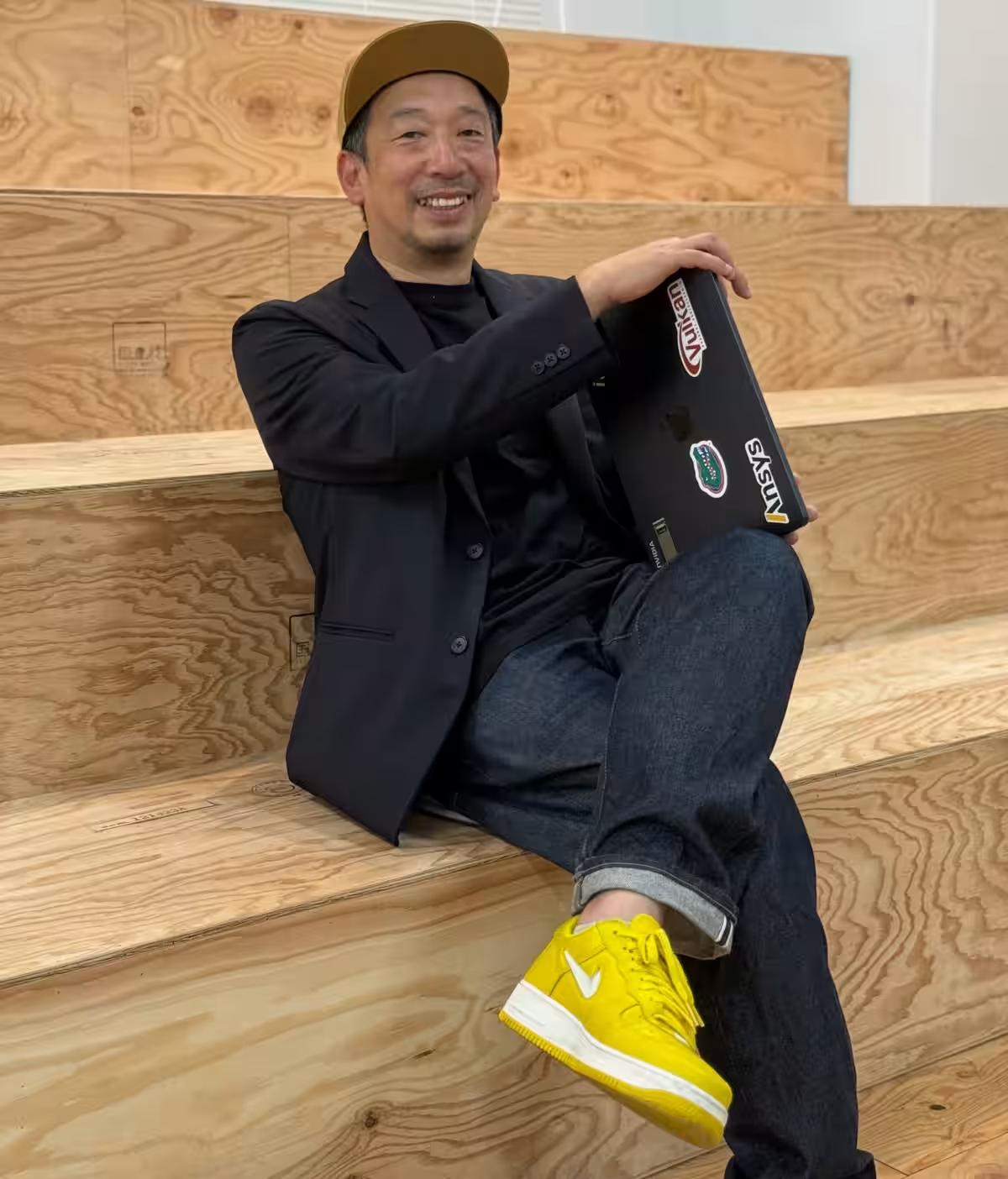
Topics Other)










【About Using Articles】
You can freely use the title and article content by linking to the page where the article is posted.
※ Images cannot be used.
【About Links】
Links are free to use.